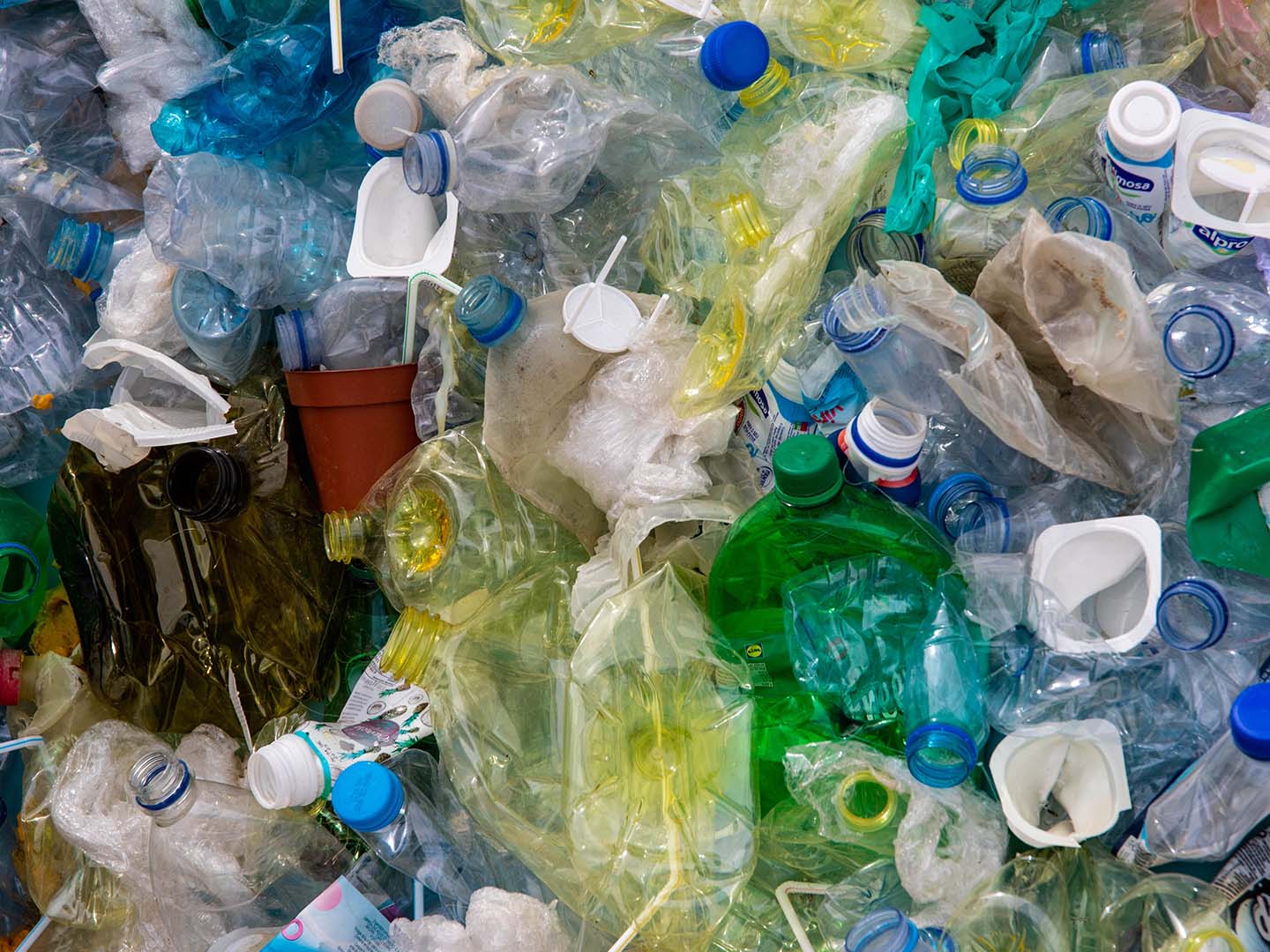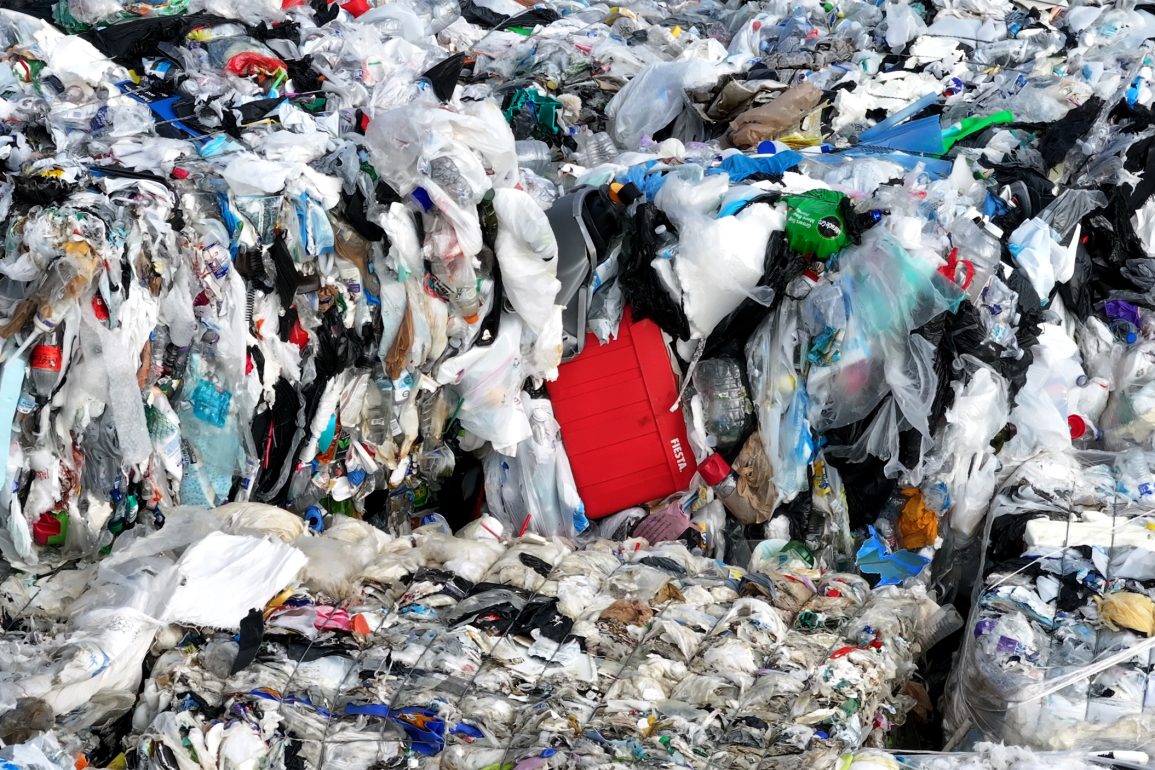When a news crew arrived at Wright Waste Management, a waste-handling facility that had failed three fire safety inspections and lacked state approval for plastic storage, workers quickly closed off access. Behind the gate, there was a large accumulation of plastic waste from local residents, mixed with cardboard and wooden pallets. This pile of plastic waste, growing over the past 18 months, highlights both a new recycling initiative and concerns about its effectiveness.
The Houston Recycling Collaboration, involving the city and corporate partners like ExxonMobil, aims to tackle low recycling rates by offering an alternative to traditional curbside pickup. Residents can drop off various types of plastic waste, including those not mechanically recyclable, at designated locations. If the plastic cannot be mechanically processed, it will undergo chemical recycling to be converted into new products or fuels.
However, critics are wary of this so-called “advanced” or “chemical” recycling. While Exxon and others promote it as a solution, environmental advocates argue that these methods can produce toxic emissions and contribute to global warming, questioning whether they genuinely qualify as recycling. Reports show that despite ongoing collection, much of the plastic waste hasn’t been processed as intended.

The situation at Wright Waste Management reveals deeper issues within the Houston Recycling Collaboration. A planned plastics sorting plant by Cyclyx International is delayed, and the facility at Wright, which was supposed to temporarily store plastic waste, has faced setbacks. The facility’s lack of fire safety permits and failed inspections raise serious concerns about the safety and feasibility of the initiative.
FCC Environmental Services, another partner, has withdrawn from the dropoff collection, citing safety issues at the storage site and a focus on mechanical recycling. The company’s decision reflects broader skepticism about the collaboration’s approach and its implications for waste management and recycling practices.
Amid growing scrutiny of plastic waste management, California Attorney General Rob Bonta is investigating alleged deceptive practices by ExxonMobil and others regarding recycling. Critics argue that chemical recycling is more about sustaining plastic production rather than addressing the core issue of plastic pollution. Despite industry claims of progress, reports suggest that chemical recycling has yet to deliver on its promises and might be more of a marketing strategy than a solution.

